9/11, ISIS and the New Politics of Foreign Policy
Over the last decade, Americans' views on foreign policy have swung sharply from support for intervention to a profound mistrust of any military engagement overseas.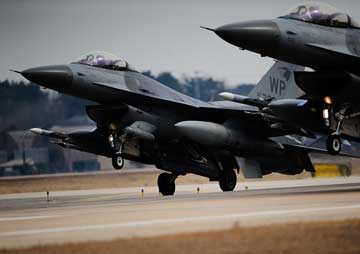 U.S. Air Force/Senior Airman Armando A. Schwier-Morales
U.S. Air Force/Senior Airman Armando A. Schwier-Morales
U.S. Air Force/Senior Airman Armando A. Schwier-Morales
Over the last decade, Americans’ views on foreign policy have swung sharply from support for intervention to a profound mistrust of any military engagement overseas. Over the same period, political debates on foreign affairs have been bitter and polarized, defined by the question of whether the invasion of Iraq was a proper use of the nation’s power or a catastrophic mistake.
This contest for public opinion has taken place in the shadow of the attacks of Sept. 11, 2001. For understandable reasons, the United States was thrown off balance by the horrific events of 13 years ago, and we have never fully recovered.
The emergence of the Islamic State and its barbaric beheadings of James Foley and Steven Sotloff have shaken public opinion again. It is, of course, possible that the public’s guardedly increased hawkishness is another short-term reaction to an enraging news event. But there is a strong case that, after all the gyrations in policy and popular attitudes, we are on the verge of a new politics of foreign policy based on a steadier, more sober and more realistic view of our country’s role in the world and of what it takes to keep the nation safe.
And it fell to President Obama on Wednesday night to take the first steps toward building a durable consensus that can outlast his presidency. The paradox is that, while polls show Americans more critical than ever of the president’s handling of foreign affairs, the strategy he outlined toward the Islamic State has the potential of forging a unity of purpose across a wide swath of American opinion. In many ways, it is an approach that goes back to the pre-9/11 presidencies of George H.W. Bush and Bill Clinton.
Two things are clear about where the public stands now: It is more ready to use U.S. power than it was even a few months ago. But it remains deeply wary of again committing U.S. combat troops to the Middle East. Thus the wide popularity of using air attacks to push back the Islamic State.
Obama’s strategy seeks to thread this needle. As the president explained, the bombing campaign the United States has undertaken is aimed at supporting those — including the Iraqi army, the Kurdish peshmerga and, perhaps eventually, Syrian opposition forces — who are bearing the burden of the fighting. Although the circumstances are quite different, Obama’s reliance on air power is reminiscent of Clinton’s actions in Bosnia and Kosovo. Obama said he was sending an additional 475 U.S. troops to Iraq “to support Iraqi and Kurdish forces with training, intelligence and equipment.” But he was again at pains to insist that they would “not get dragged into another ground war.”
More generally, Obama is pushing a tough-minded multilateralism. His stress on building “a broad coalition of partners” and the administration’s aggressive courting of allies in both the Middle East and Europe recalls the intense rounds of diplomacy that former Secretary of State James A. Baker III led on behalf of the first President Bush before the successful war to drive Saddam Hussein’s army from Kuwait in 1991.
Obama’s diplomatic exertions have extended to pressuring Shiite politicians in Iraq to create what he called “an inclusive government” that Sunni Muslims could regard as their own. It was the creation of such a government, he said, that now made the rest of his strategy possible. Above all, Obama went out of his way to describe his new effort as a “counterterrorism strategy,” tying it back to the cause that large majorities of Americans embraced after the 9/11 attacks and have never stopped supporting. His new effort, he insisted, “will be different from the wars in Iraq and Afghanistan.”
Some who championed the Iraq War will, no doubt, object to this implicit criticism of a venture they still defend. Critics will point to the risks of relying on Iraqis and others to take the lead on the battlefield. In the meantime, anti-interventionists — who still loom large in the president’s party and in Republican libertarian quarters — will continue to be wary of any re-escalation of U.S. military engagement. And a bitter election season is hardly an ideal moment for building bipartisanship.
Nonetheless, circumstances have presented Obama with both an opportunity and an obligation to steer U.S. policy toward a middle course that acknowledges a need for American leadership and the careful use of American power while avoiding commitments that are beyond the country’s capacity to sustain. It is the balance we have been seeking since an awful day in September shook us to our core.
E.J. Dionne’s e-mail address is ejdionne(at)washpost.com.
© 2014, Washington Post Writers Group
Your support matters…Independent journalism is under threat and overshadowed by heavily funded mainstream media.
You can help level the playing field. Become a member.
Your tax-deductible contribution keeps us digging beneath the headlines to give you thought-provoking, investigative reporting and analysis that unearths what's really happening- without compromise.
Give today to support our courageous, independent journalists.
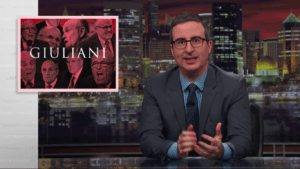
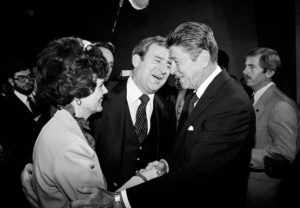
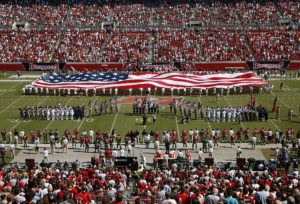
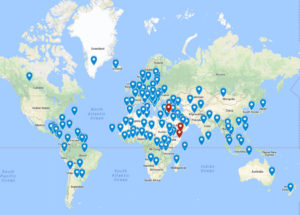
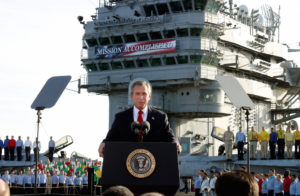
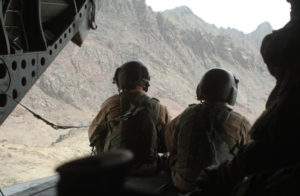
You need to be a supporter to comment.
There are currently no responses to this article.
Be the first to respond.